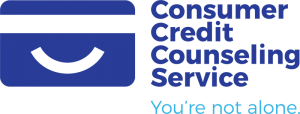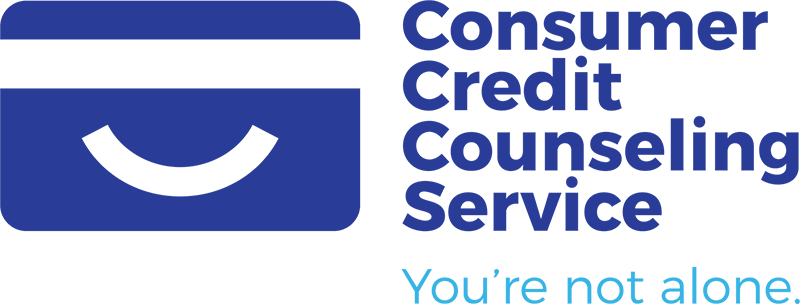Consumer Credit Counseling Service News Articles
Home » News Articles »
I get it. I get it. We are regularly writing these articles to review how to become debt free and suggest relatively the same steps over and over again. But maybe, just maybe, in the midst of those steps, you are also making a few mistakes when it comes to your debt payoff plan! Read on…
- No Emergency Fund
Probably the number one mistake when attempting to pay off debt is no emergency fund. Do not be afraid! I’m not saying the 6 months of living expenses saved up…but what about something to start. Not setting aside ANY money for the “unexpecteds” is the mistake. Start with a goal of $1000 or $500. Something.
When you are reorganizing and trying to get ahead with your finances, you must start on a solid foundation. That means an Emergency Fund. In order to get ahead, you must be prepared for the unexpected. It isn’t what; it’s WHEN.
Don’t skip this step. Period.
2. Walking on Thin Ice
Don’t attack everything all at once. It’s like climbing a mountain. Take things one step at a time. Start small and work your way to the top.
Don’t try to pay off everything all at once. Have a plan. Don’t revise your budget and reduce your spending so severely in the beginning. Ease into it…but start.
3. Show Me the Money
A common misconception is waiting to begin paying off debt because you think you will pay off the debt once you are making better money. You’ll get stuck wanting to be making more and more before you actually start paying.
Making more money isn’t going to change your current debt situation.
A pay raise doesn’t mean an INFLATION ON LIFESTYLE. Not while debt is part of the equation.
Regardless of your current income, start attacking your debt bit by bit. An extra $100 each month will take years off the debt payoff date.
4. What Caused Your Debt in the First Place?
Understanding this will utterly change your money situation for the positive. What happened for you to accumulate debt? Was there a single trigger? Or did it snowball so fast that you couldn’t stop it?
Emotions rule our decisions. Period. And our emotions drive our money purchases.
What caused yours? Name it to tame it. Get a grip on the “why” and move forward.
5. Habits Don’t Change
Paying off debt doesn’t just happen. Something must change. Sacrifices must be made. If and only if, the end goal is to be debt free.
When paying off debt, paying for past purchases must happen at the same time as paying for the new purchases. Habits must change to chunk away at the total debt and shorten the debt payoff date.
Money is about our behavior in spending and savings. Habits must be changed. The spending freeze doesn’t go on forever. It happens only while paying off debt.
Are you willing to make changes to pay off debt?
6. No End Goal in Mind
What is your reason for paying off debt?
What is your money goal?
Sit down and discuss. What is your vision in life?
Know this: The debt cycle tends to happen again and again for those without an end goal.
After your debt is paid off, what do you want out of life? What do you plan to do with the money?
You need to recognize your goal to have long term success. Paying off debt takes dedication, perseverance, and grit. There are sacrifices along the way to pay off debt quickly. By having an end goal in mind, then you keep your motivation spinning along your path.
Stay tuned for Part 2…
Portions excerpted from MoneyBliss.Org
Holli Lewandowski, Certified Credit Counselor, Educator, and Advocate


